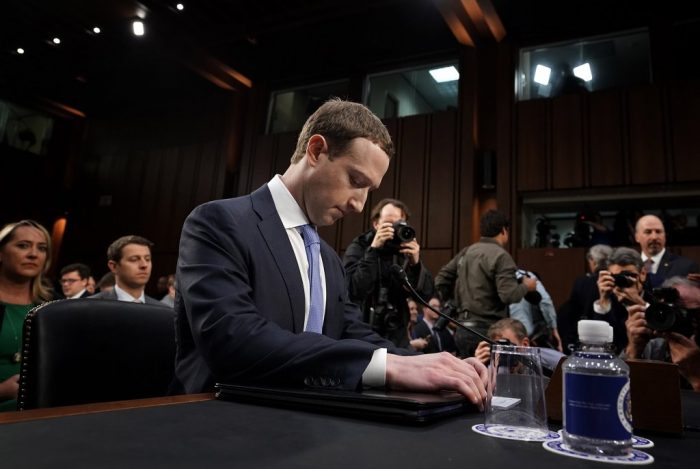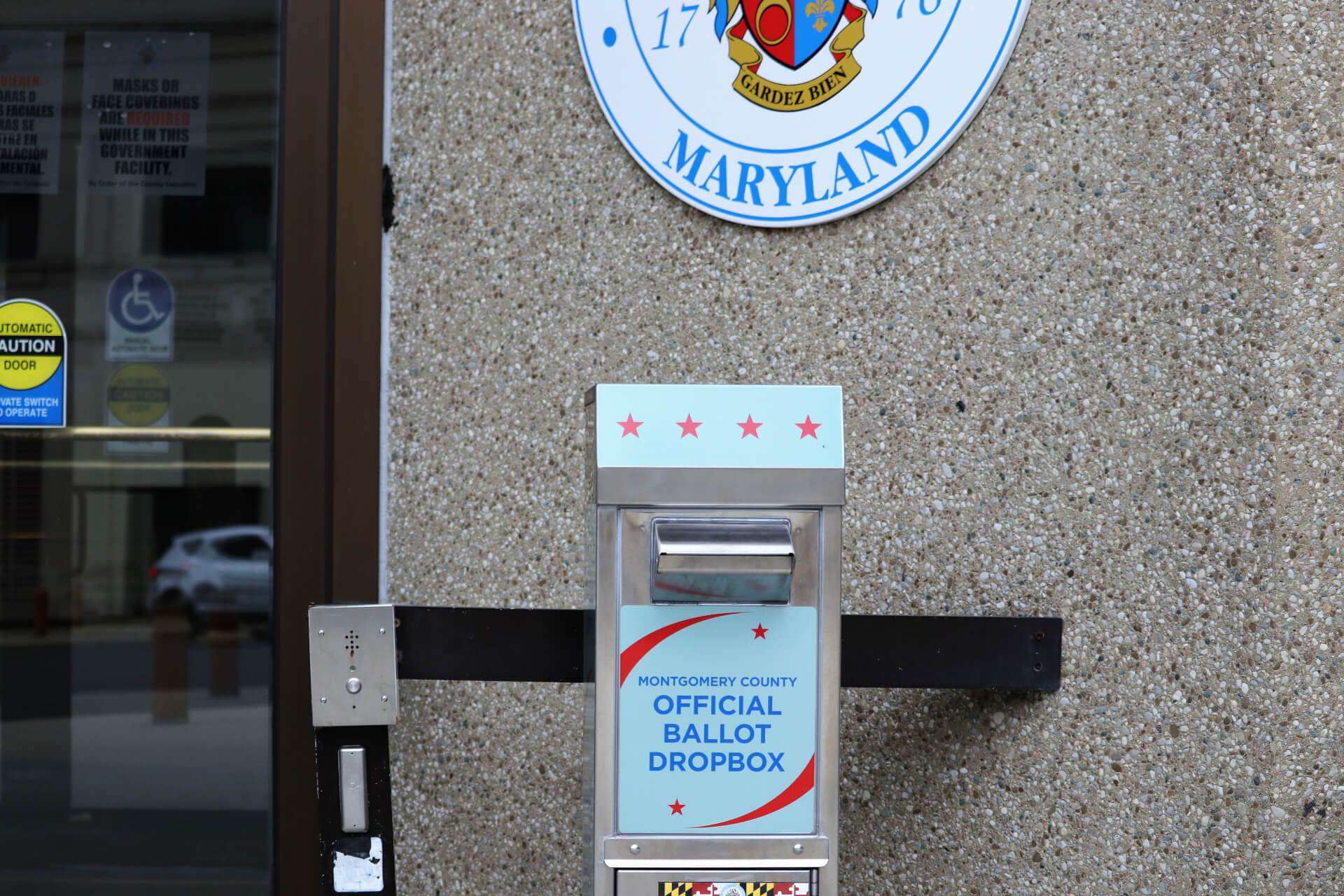
Poor Bill Gates. Well not exactly.
The Bill and Melinda Gates Foundation has spent over $10 billion on public education, an amount that boggles the mind and is unparalleled in history. Bill and Melinda have been unsparing in their personal devotion to school reform.
And yet, the results have been slim.
Don’t take my word for it. Melinda wrote in 2020, “If you had asked us 20 years ago, we would have guessed that global health would be our foundation’s riskiest work, and our U.S. education work would be our surest bet. In fact, it has turned out just the opposite.” Melinda voiced her skepticism about “the idea of billionaire philanthropists designing classroom innovations or setting education policy.”
Bill and Melinda, though easily the mightiest, aren’t alone. Mark Zuckenberg and Netflix founder Reed Hastings are among others. However, as one writer reported, “Billionaires are spending their fortunes reshaping America’s schools. It isn’t working.”
That’s bad news. If super rich, super smart philanthropists, who made their fortunes as innovators, can’t figure out how to reform public schools, who can?
I have a theory about what has gone wrong, but first indulge me in a point of personal privilege. It is hard for me to assess billionaires’ education munificence without keeping in mind the negative side of their overall philanthropy.
Critics — notably Tim Schwab, an investigative journalist and author of the deeply researched book “The Bill Gates Problem: Reckoning with the Myth of the Good Billionaire” — assert that Gates and other mega-philanthropists are policy and political bullies. They wield too much influence over public policy, crowd out other reform ideas, and bypass democratic decision-making.
They even sometimes push charities that serve their profit-making business interests. It’s all part of what a former Wall Street banker describes as “How Loud Billionaires Convert Their Wealth Into Power.”
I share generally the views of these critics. And yet, here’s a twist. I think Gates’ education philanthropy — with initiatives such as nationwide standards for student performance, teacher evaluations and charter schools — is praiseworthy despite its failure to live up to reform hype. Still, most pet projects of other billionaires have less merit and up-side potential.
So what is my theory about why education philanthropy has tanked? The answer is rooted in the fact that many of the billionaires brought a Silicon Valley mindset to school reform — disdainful of educators and bureaucracy, disruptive, and over-confident that high-tech can fix anything.
No doubt technology — like AI, online instruction and digital learning — can help. But these advances miss the least understood and most indispensable road to school reform: effective implementation and “continuous improvement” of research-based best practices, particularly in the classroom.
We already know much more about how to improve our schools than recognized. Robert Slavin, the late Johns Hopkins expert on research-based best practices, said it best: “The problem of education reform is not lack of good ideas, but a lack of good ideas sensibly implemented.” One education analyst suggested “it would be helpful to drop the term ‘innovation’ from our lexicon altogether and instead adopt a what-works ethos where clearer evidence and better implementation are afforded a higher premium.”
The issue is not altogether new. A classic history of U.S. public education finds we’ve been “Tinkering Toward Utopia,” without focusing on the what counts the most: “daily interactions of teachers and students.” Today, for example, research shows the best ways to teach children to read and to recruit and retain teachers; yet, we don’t do these things as we should.
The bottom-line question then is: Why are school systems nationwide so slow to implement, with or without philanthropic largesse, what we know will work?
The main villain is weak management systems, caused in large measure by political polarization and myths about “local control” and “professional autonomy.”
Polarization involves the never-ending education wars, mainly between liberals and conservatives, over pedagogy and accountability (not to mention the current red-hot cultural wars over books and diversity).
Local control and professional autonomy go hand in hand and embody what I call the professional culture of individualism. Educators — from teachers and principals up to central administrators — want to do their own thing in their own way. In medicine if you don’t use evidence-based best practices, it’s called malpractice: in education it’s called professional autonomy.
Apply that mentality to 50 states, and about 13,000 public school districts and 100,000 schools nationwide. That’s a design for balkanized unaccountability to the point of management chaos.
Can education philanthropists help to turn around the management Titanic? Here are some start-up ideas:
One, keep your egos in check. Education reform won’t be accomplished by the next big tech discovery. As the saying goes, it’s a marathon not a (Silicon Valley) sprint.
Two, study the evidence about what is already known about instructional best practices and devote your talent and money to getting these practices well implemented.
Third, grow the management capacity of school systems. Donate funds for management systems and training that include planning, clear lines of organizational authority and accountability, data collection, monitoring, and setting tough priorities. Maryland interim schools superintendent Carey Wright has said wisely (and bravely since there’s a barrage of competing interests), “if everything is a priority, nothing is.”
Fourth, be team players. The bureaucracy may drive you nuts but collaboration will pay more dividends.
Let’s hope billionaire philanthropists like Bill Gates have learned their lessons and will give school reform another try. They have some make-up work to do.




 Creative Commons Attribution
Creative Commons Attribution